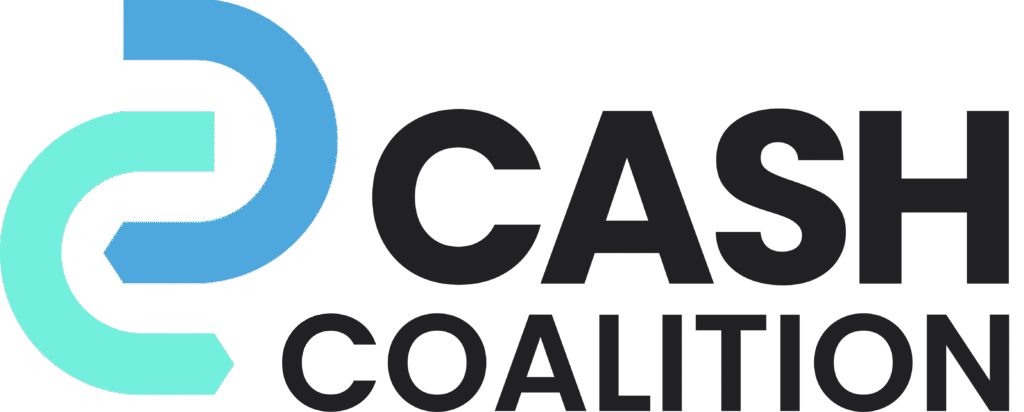The four projects in our current portfolio represent a diverse set of entry points to carbon work across various contexts, value chains, and ecosystem services. Three of the four grants support the actions of smallholder-serving organizations that have not yet developed carbon projects.
Three of the four pre-feasibility assessments of projects in the CASH Coalition portfolio are complete. The results make a compelling case for the potential of smallholder-led regenerative agriculture and carbon initiatives to deliver measurable climate and livelihood outcomes.
If fully realized, the three projects in the portfolio will:
- Reach 1.2 million farmers
- Regenerate 1.6 million hectares of land
- Remove or avoid 108 million metric tons of carbon over 40 years
- Generate an estimated $240 million in revenue over that period, assuming a carbon price of $10 per ton
With the right support, smallholders can be powerful agents of climate action.

Determine if it is feasible to measure and verify the carbon emission mitigation levels on fields of no-burn rice farming practice adopters in Myanmar
Member: Proximity Designs
Location: Delta agro-ecological region in Lower Myanmar
Size: 2,500 farmers who own and manage more than 5,000 hectares of rice-growing land
Type of intervention: REDD

Advancing Conservation, Agriculture, and Livelihoods in Oromia (ACAL)
Member: Digital Green Foundation
Location: Belete Gera Forest (Gera, Gomma, and Shebe Sombo Woredas), Jimma Zone, Oromia Region, Ethiopia.
Size: 3,336 hectares of agroforestry
Type of intervention: Agroforestry

Benefiting Family Farmers and Traditional Communities in the Brazilian Atlantic Rainforest through ARR & Carbon Sequestration
Member: Forest Trends
Location: Rio Doce Valley (Minas Gerais) & Paraíba Valley (São Paulo), Brazil
Size: 2,000 hectares targeted for carbon credit generation
Type of intervention: Afforestation, Reforestation, and Revegetation (ARR)

Economy of Love
Member: SEKEM (aka Egyptian Biodynamic Association)
Location: Egypt
Size: 12,000 ha
Type of intervention: Sustainable agriculture (soil carbon)
